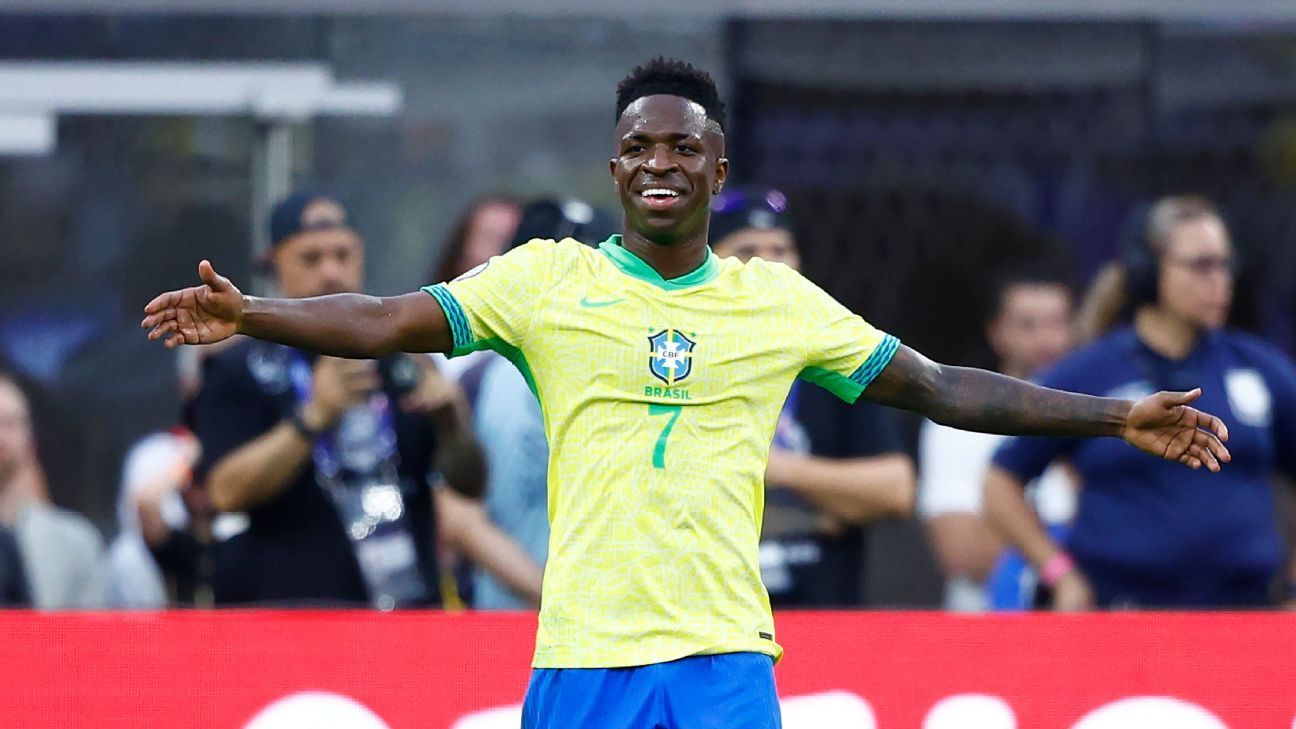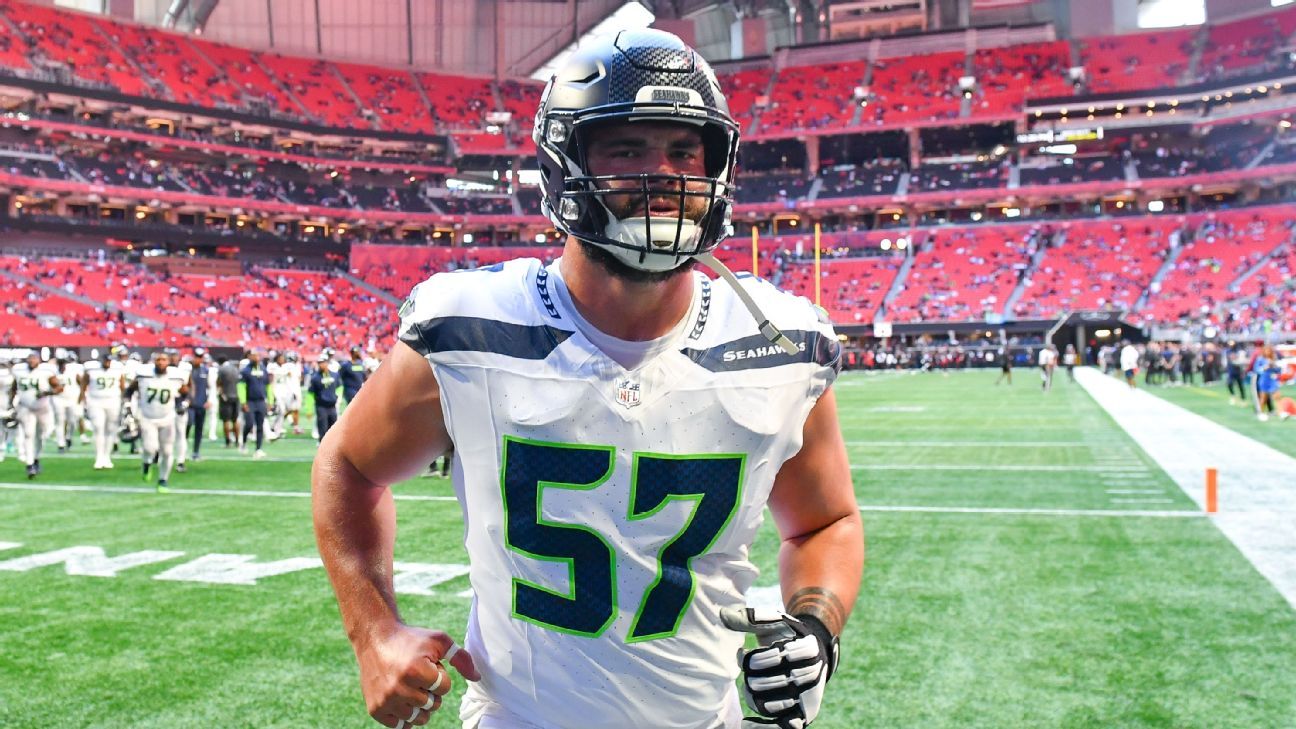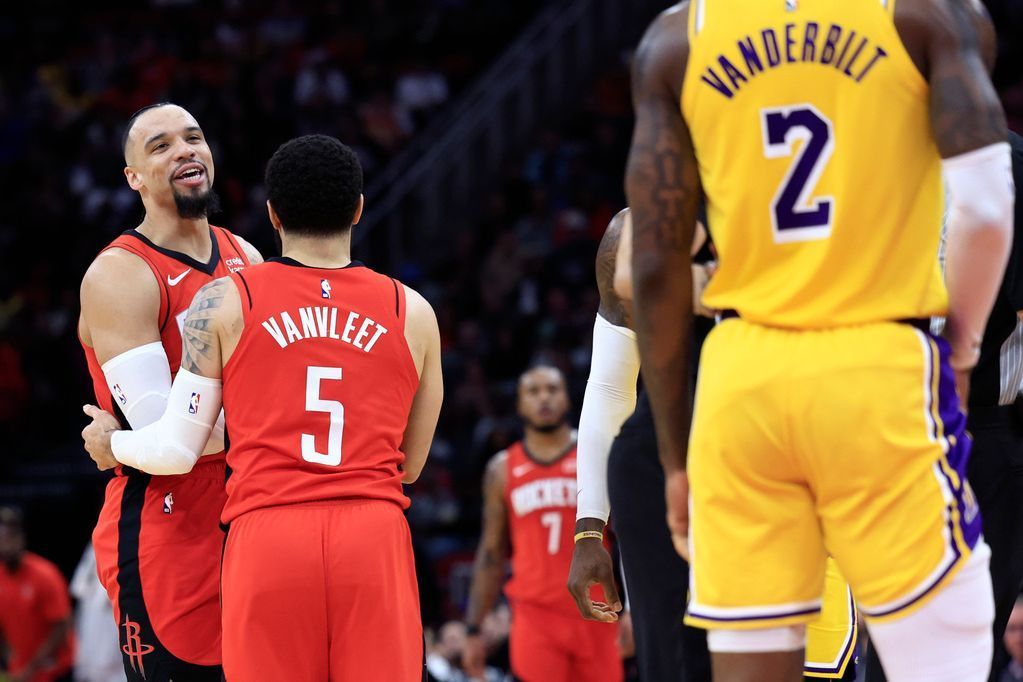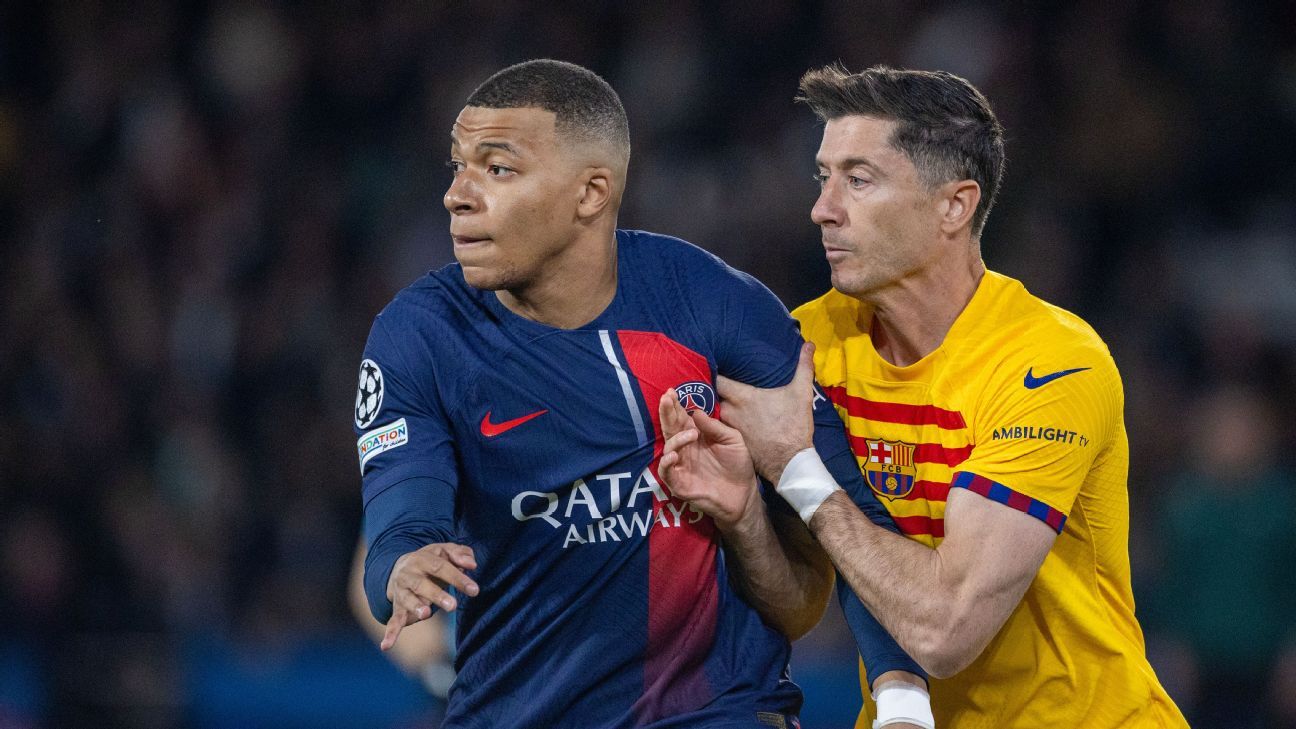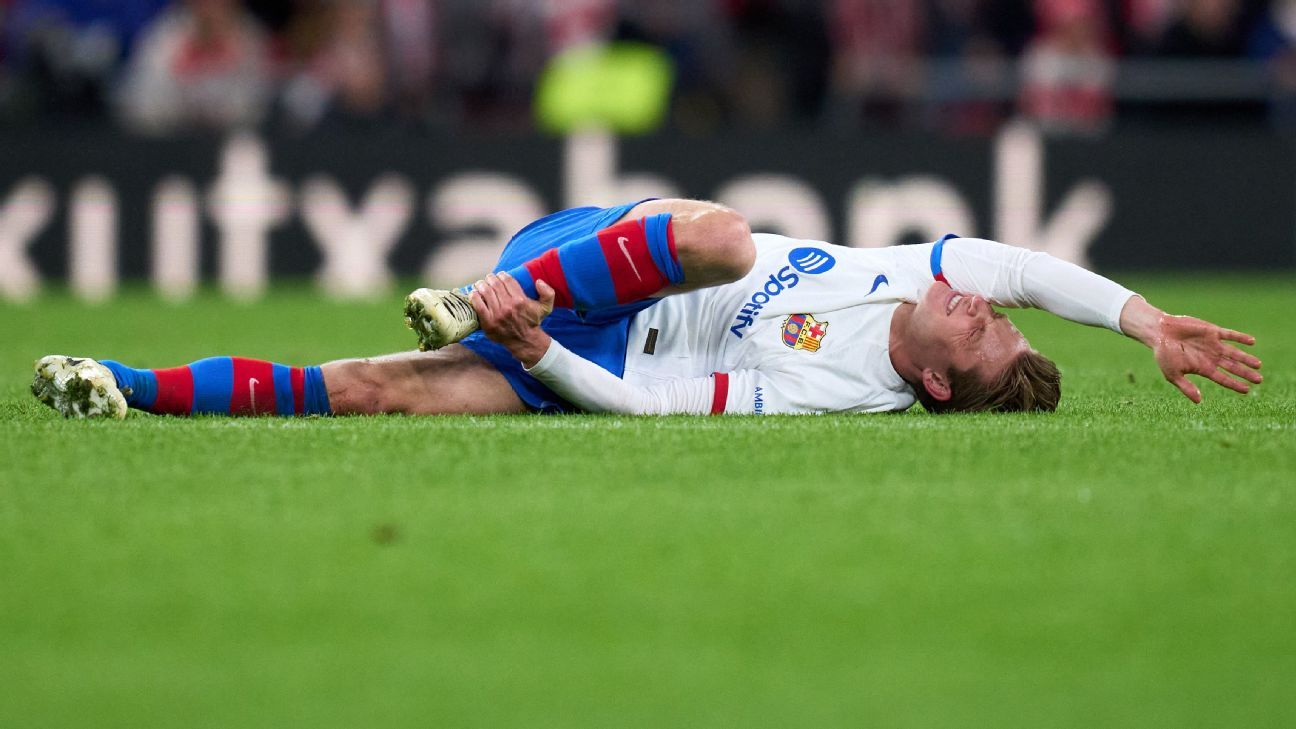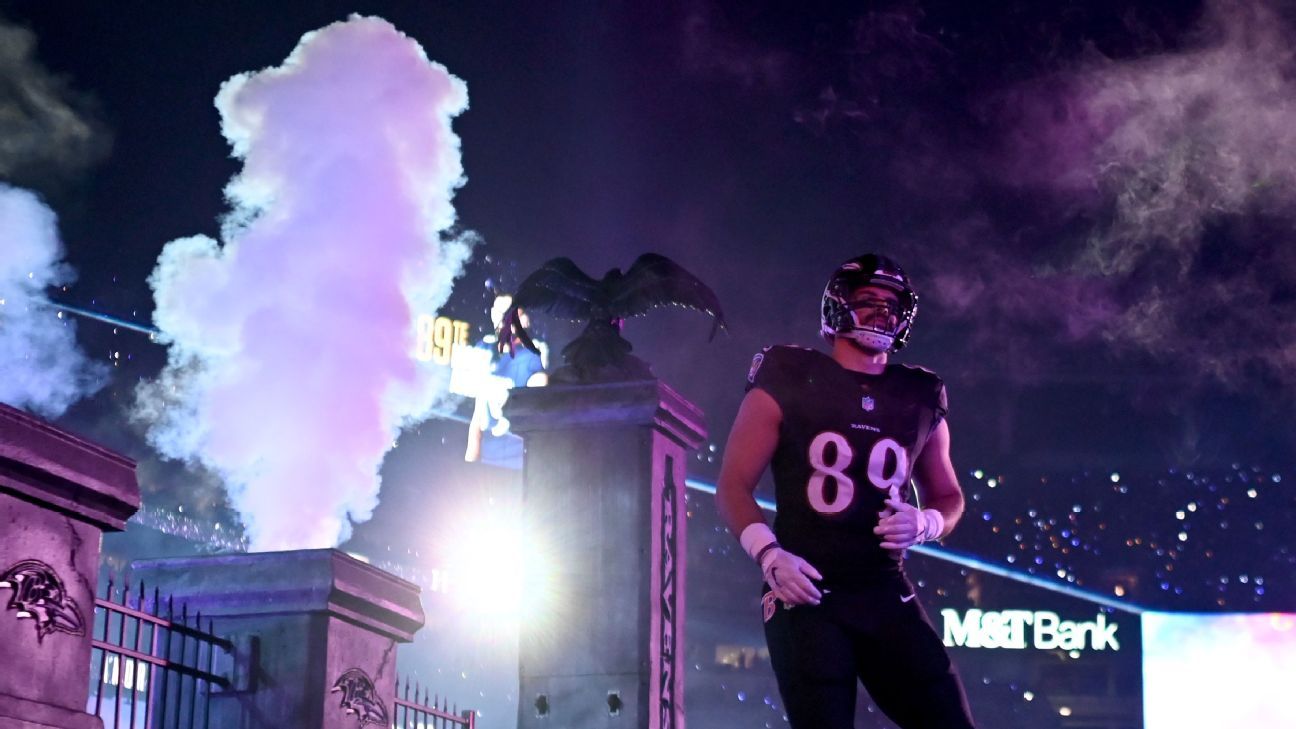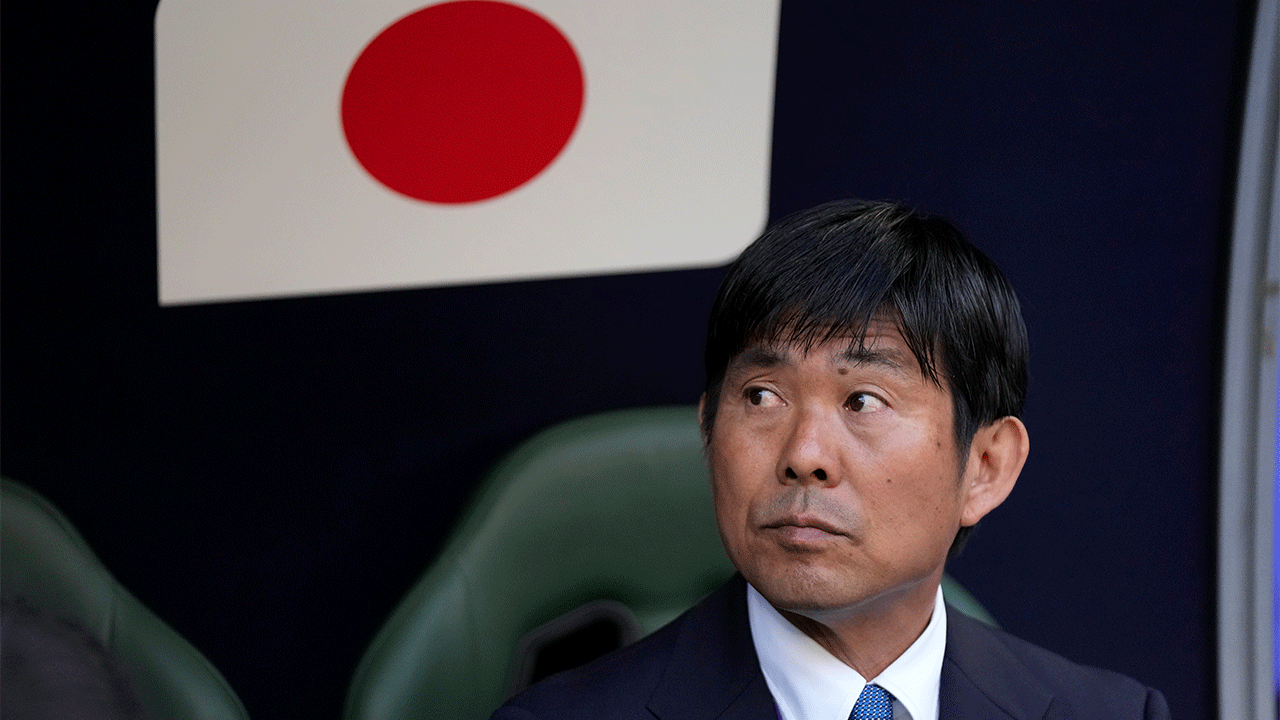Brazil's young striker came into this Copa América facing a big question: How would they deal with cautious opponents who defend deep and deny them the space to launch the counterattack?
Coach Dorival Junior's reign got off to an impressive start in March with an away win against England and a thrilling 3-3 draw with Spain. But these were wildly atypical of most games Brazil plays, and especially different from Dorival's competitive debut against Costa Rica. In front of his own fans, England and Spain put pressure on him. Brazil could sit back and choose the moment to take a leap forward. Clearly this was not going to happen against Costa Rica.
Argentine coach Gustavo Alfaro is an excellent organizer of the defensive unit. His Costa Rica was clearly going to take few risks and had an important ally: the size of the Inglewood field.
The playing surfaces used in this Cup are smaller than those in regular FIFA tournaments. This topic has become something of an obsession for Brazilians in the build-up to the tournament, as their obvious conclusion is that the smaller the field, the more difficult it is for them to break through their rivals.
The match against Costa Rica, then, left Brazil trapped in a private nightmare. They were expected to defeat their CONCACAF rivals with ease. Opportunities came and went. There were sanction appeals. Marquinhos had the ball in the net, but the goal was disallowed for a narrow offside. From the stands, Neymar watched with growing frustration as opportunities were wasted. Part of that frustration was felt on the field. Brazil was occasionally petulant and other times hasty. What was missing, for example, was the calm with which, that same day, James Rodríguez had prepared Colombia's first goal against Paraguay.
This time not even the introduction of teen supersub Endrick could save the day. And so, Dorival Junior's first competitive match in charge of Brazil ended in a disappointing 0-0 draw, and Costa Rica, who posed no threat throughout the match, celebrated wildly at the final whistle.
How much blame should be placed on Dorival?
On another day, the same level of performance would have resulted in a comfortable victory. But there were problems, the most obvious in team selection. Against such defensive opponents, did Brazil really need Bruno Guimarães and João Gomes in midfield?
João Gomes was wonderful at Wembley, making his international debut in March, when he made a tackle and kept the English at bay. Here he was probably superfluous. Center backs like Marquinhos and Éder Militão barely needed the level of protection he offers. It was surprising that he was eliminated only in the last 10 minutes, because the solution is so obvious; leaving Lucas Paquetá in the central midfield position that he has often played in Brazil.
Paquetá is best playing in front of goal, where he best distributes the game. Later in this type of match there is the added problem of Paquetá and Rodrygo competing for the same space. Dorival Junior, then, can expect the first heavy barrage of criticism in his time as Brazil coach, both for having selected an overly cautious team and for waiting too long to change the balance.
Rodrygo, however, was probably the brightest spark of the performance. For years, Brazil has had high hopes for Real Madrid's mobile, intelligent and talented attacker, and he constantly found different ways to bother the Costa Rican defense. His association at the club with Vinícius Júnior, however, did not work out. Disappointing night for Vinicius, who gave way to Endrick with just over 20 minutes remaining. This is his first tournament as a senior striker for Brazil, but his one-on-one skills were not on display against the Costa Ricans, who managed to avoid defeat by Brazil for the first time since defeating an experimental team at the 1960 Pan American Games.
Brazil may prefer to dwell on more recent events. In the 2016 Copa Centenario, Brazil demolished their CONCACAF opponents, earning a 7-1 victory over Haiti. It was of little use to them. They failed to score against their rivals in the South American group, drew 0-0 with Ecuador and lost 1-0 against Peru. Their fate in this year's group stage will also be determined by the results of matches against CONMEBOL teams. Further ahead comes the dangerous Colombia. But first, Paraguay, a team whose traditional resistance proved too much for Brazil in the 2011 and 2015 Cups. Perhaps Friday's venue in Las Vegas will encourage Dorival Junior to go for a less cautious lineup.

